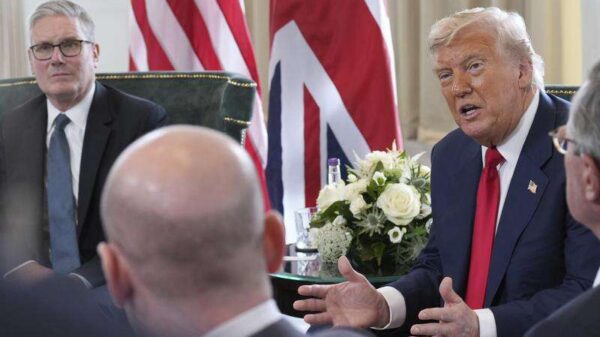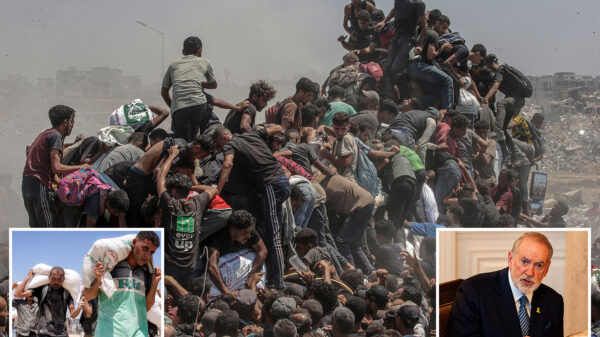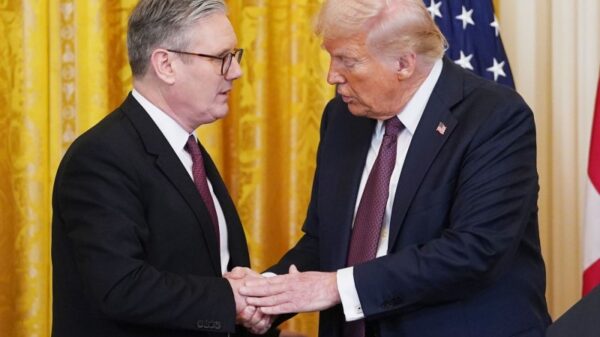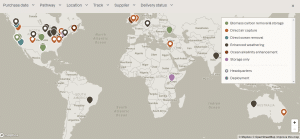Thailand and Cambodia have reached an agreement for an immediate and unconditional ceasefire, effective from midnight local time (12:00 p.m. ET on Monday), as confirmed by Malaysian Prime Minister Anwar Ibrahim. This announcement comes after several days of escalating clashes along the disputed border between the two nations.
Ceasefire Agreement Details
The ceasefire is intended to halt the ongoing violence that has resulted in casualties and heightened tensions in the region. Prime Minister Ibrahim emphasized that this agreement aims to restore peace and stability between Thailand and Cambodia, allowing both countries to address their disputes through diplomatic channels rather than armed conflict.
Reports indicate that the clashes were primarily centered around areas near the border, where historical and territorial disputes have often led to confrontations. The recent escalation prompted immediate international attention, with calls for both nations to engage in dialogue. The Malaysian government, acting as a mediator, played a crucial role in brokering this ceasefire.
Implications for Regional Stability
The ceasefire represents a significant step towards mitigating hostilities that have marred relations between the two countries. Analysts suggest that the agreement may open avenues for further negotiations on border issues that have persisted for decades. Both Thailand and Cambodia have expressed a commitment to peaceful resolution, but the road ahead will require sustained dialogue and cooperation.
This situation highlights the complexities involved in Southeast Asian geopolitics, where historical grievances can ignite conflicts. The international community is closely monitoring the developments, hoping that this ceasefire will pave the way for lasting peace in the region.
As this story continues to evolve, updates will be provided regarding any further diplomatic efforts or developments related to the ceasefire. The focus remains on ensuring that the agreement leads to a comprehensive resolution of the underlying issues between Thailand and Cambodia.






























































